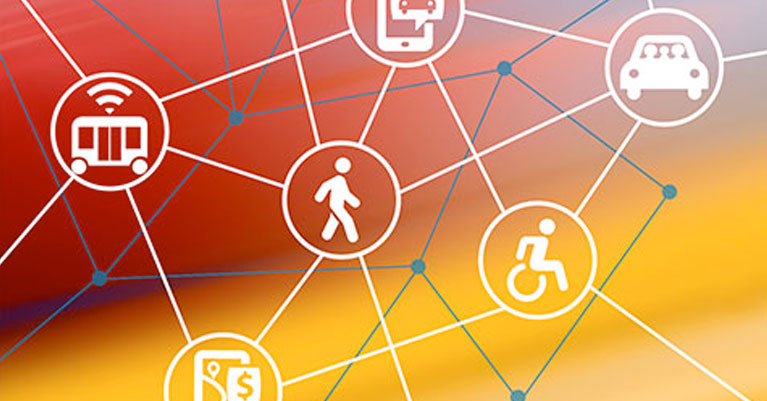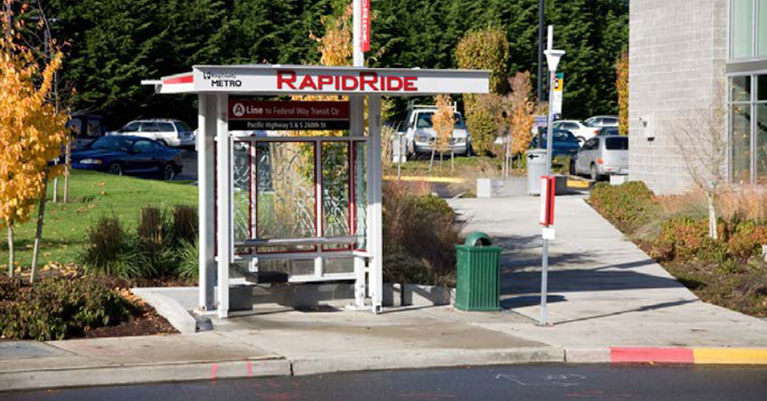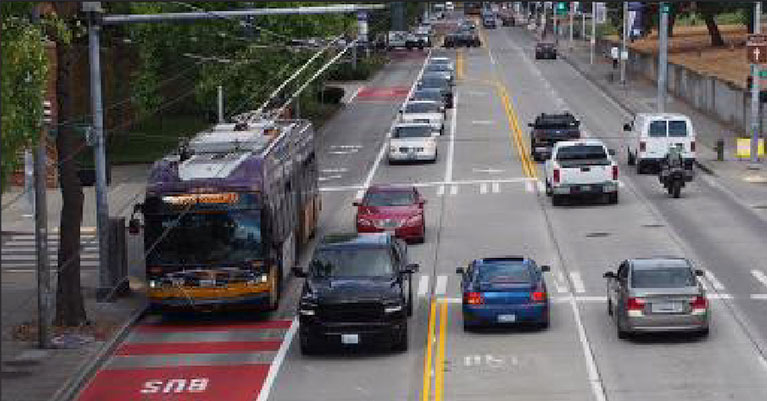Strategic Plan
Metro’s Strategic Plan addresses opportunities and challenges facing King County residents, such as a growing, diversified population, historic inequities, and a worsening climate crisis. Our plan articulates Metro’s mission and vision, establishes 10 goals, objectives and strategies to achieve them, and includes performance measures to track our progress.
Our actions and more resources
Metro will work to implement our strategies to achieve the 10 key policy goals and track our progress through the web-based Strategic Plan dashboard.
Service Guidelines
Metro uses the Service Guidelines to evaluate, design, and modify transit services to meet changing needs and deliver efficient, high-quality service. These guidelines help ensure our decision-making and recommendations to policy makers are objective, transparent, and aligned with King County’s overall goals for public transportation.
Our actions and more resources
Metro uses the Service Guidelines to continuously review and develop changes to the transit system. Performance information and investment priorities are published in an annual System Evaluation Report that is transmitted to the King County Council and made available to the public. Metro uses the results of this evaluation, as well as guidelines concerning service design and flexible services, to develop service change proposals. This is one step in a planning process that starts with the adoption of Metro’s budget and results in changes to transit service.
Metro Connects
Metro Connects is our vision for bringing more improved mobility services to King County over the next 30 years. The goal is additional, frequent, reliable, and fast service—all day, every day—through an innovative regional and integrated mobility network. The service growth and capital improvements in Metro Connects will support healthy and equitable communities, a thriving economy, and a sustainable environment.
Our actions and more resources
Metro Connects includes a financially unconstrained vision, reflecting the imagination and input of many parties and partners. Delivering 70 percent more service by 2050 is ambitious. Metro will work to achieve the vision in Metro Connects through a cycle of growing our network and connecting people to mobility services, measuring progress, demonstrating value, securing additional funding, and continuing to expand.
Metro will work with elected leaders, regional partners, and communities to implement the service and capital changes. Click on the links below to view an interactive version of the planned Metro Connects interim network and 2050 network:
Metro Connects Interim Network
Metro Connects 2050 Network

 Translate
Translate





